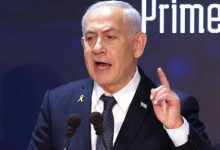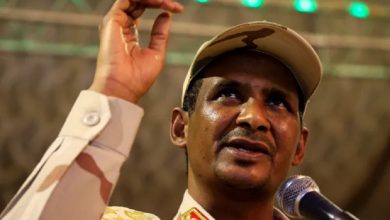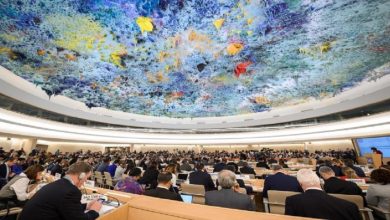A Rocky Road to the Deal: Israel’s Delegation to Doha Has Limited Authority as Talks Focus on “Whitcoff’s Proposals”
As Washington Pressures Both Sides, Netanyahu Faces Accusations of Sabotaging the Deal

Watan-The U.S. President’s envoy to the Middle East, Steve Whitcoff, is expected to arrive in Doha today, Tuesday, to push forward negotiations on the stalled deal between Israel and Hamas. Talks resumed yesterday after a two-week hiatus, following Israel’s violation of the agreement by imposing a blockade on Gaza, cutting off water, food, and electricity in an attempt to pressure Palestinians by exploiting their need for stability during the holy month of Ramadan.
Initially, Israel attempted to shift the blame onto Hamas, accusing the group of “rejecting Whitcoff’s proposals” while ignoring its own violations. Yesterday, Israel sent a limited-authority technical delegation with a mandate solely to discuss “Whitcoff’s proposals.” These proposals, in essence, represent an Israeli offer to release approximately half of the remaining hostages in exchange for a two-month ceasefire, along with reopening border crossings and allowing humanitarian aid into Gaza.
Hamas Pushes Back on Israel’s Narrative
Hamas has refuted Israel’s claims, emphasizing that the Israeli government has failed to uphold its own commitments, including withdrawing from the Salah al-Din (Philadelphi) Corridor and engaging in negotiations for the second phase of the agreement.
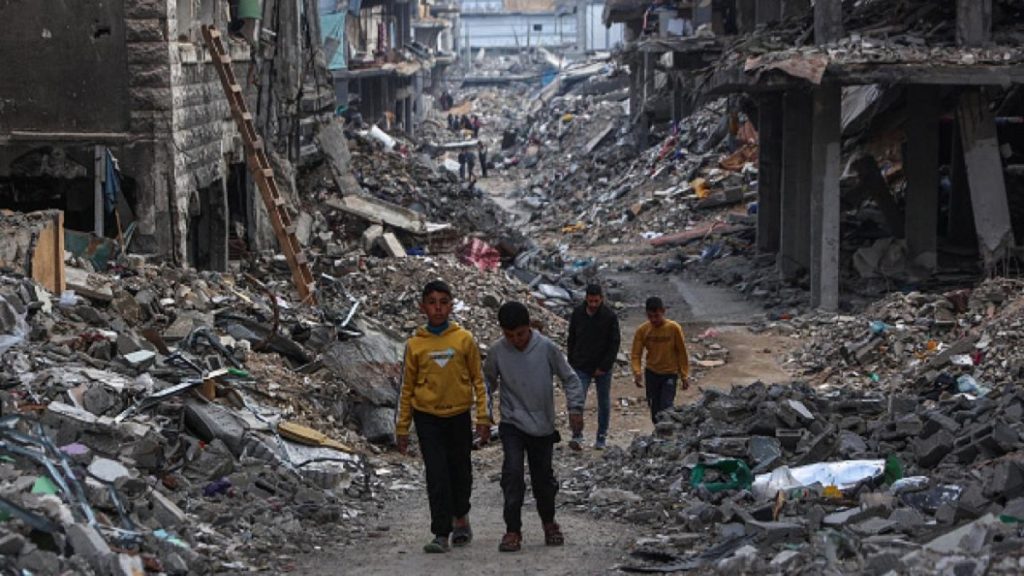
U.S. Cools Direct Talks With Hamas
Before Whitcoff’s arrival, the U.S. administration appeared to downplay the significance of a direct negotiation channel between Washington and Hamas. Secretary of State Mark Rubio stated that the channel was merely an opportunity for U.S. official Adam Boehler to speak with someone who had influence over the hostages, calling it a “one-time, marginal channel that did not yield results.”
While some Israeli ministers condemned Washington’s engagement with Hamas, calling it a mistake, Rubio defended the talks, arguing that they were not an error despite their failure. He reiterated that Whitcoff remains the lead negotiator.
For his part, Whitcoff stated: “We want a fixed timeline to finalize this deal. The conditions of captivity are inhumane and must end. Hamas has no option but to leave Gaza—at that point, all options for peace will be on the table.”
Despite public U.S. reservations, questions remain about whether the Biden administration has completely shut down this negotiation channel. Given former President Trump’s unpredictable nature, it is uncertain if Washington will maintain an indirect line with Hamas while using its recent statements to coordinate with Israel and increase pressure on the Palestinian side.
Hamas confirmed today that the channel is still open, suggesting that the U.S. stance might be aimed at managing expectations and maintaining strategic leverage. According to Haaretz, these negotiations have largely taken place outside the Israeli government’s purview due to Washington’s lack of confidence in Netanyahu’s ability to secure an agreement through indirect talks.

Trump Steps In Amid Israeli Leadership Vacuum
Yedioth Ahronoth columnist Ben-Dror Yemini argued in an article titled “Trump Has No Choice” that Trump took direct action because of what he perceives as a leadership vacuum in Israel.
“Trump does what he does best: breaking conventions and taking bold steps. When policies are replaced with recklessness, the U.S. administration is left with no choice,” Yemini wrote. He suggested that Trump’s decision to engage with Hamas may stem from frustration over the lack of clear strategy in the Israeli government.
The Current Focus: Whitcoff’s Proposals
According to Michael Milstein, a Palestinian affairs expert at Tel Aviv University, the ongoing negotiations in Doha center on Whitcoff’s plan, which Hamas is considering. However, Hamas insists that even if it accepts the proposal, negotiations for the second phase—covering a permanent ceasefire—must begin.
Speaking to Israeli radio, Milstein, a retired general and former head of military intelligence research, described Hamas as pragmatic and flexible under certain conditions. He suggested that Hamas might agree to extend the first phase of the deal under specific terms but remains firmly opposed to disarmament.
Hamas does not want a return to full-scale war, he explained, but it will not avoid it at all costs. If Israel refuses to engage in second-phase negotiations, Hamas is prepared for renewed fighting.
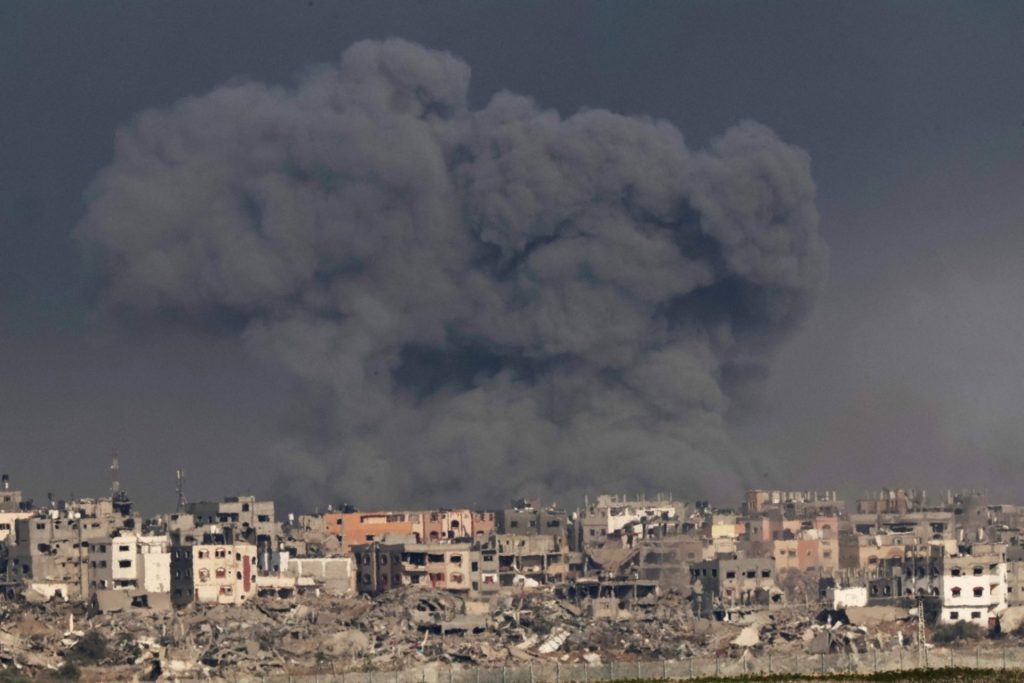
Netanyahu Accused of Sabotaging the Deal
Former Israeli military operations commander, Ret. General Yisrael Ziv, argued that Israel is more stuck than ever, blaming Netanyahu for obstructing the deal.
“The Israeli government talks without taking action, moving backward and continuing its massive failure since October 7,” Ziv said. He suggested that growing protests by hostage families in Washington might push Trump toward a breakthrough.
Despite the many twists in the negotiations, families of Israeli hostages remain frustrated, with their pleas largely unanswered. Protests in Israel have remained relatively subdued, influenced by fatigue, despair, or the expectation that Israel may still pursue a mass expulsion plan for Gaza’s population.
Possibility of Renewed War
Meanwhile, newly appointed Israeli military chief Eyal Zamir has continued issuing threats of further war. In his latest statement, he said, “We are preparing for a national test—the war is not over yet.”
However, serious questions remain about whether Israel is truly prepared for another round of fighting. Would the Israeli public support a second war? Would Washington allow it?
Opposition Knesset member Matan Kahana told Israeli radio that Zamir was right to prepare for war, arguing that military force is Israel’s best safeguard. However, military analyst Amos Harel of Haaretz pointed out that many Israeli reservists are hesitant about reoccupying Gaza, with some openly refusing to participate in a potential new conflict.
While Trump continues to threaten Hamas with a “painful military operation,” Harel suggests the former president still prefers securing a hostage deal rather than backing a full-scale Israeli invasion.
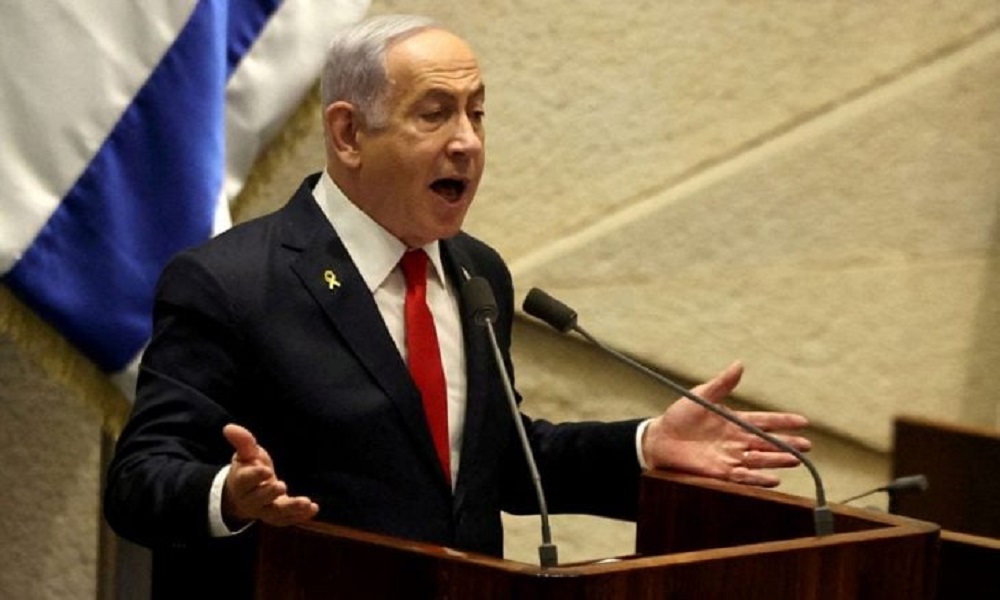
U.S. Balances Between War and Diplomacy
Analyst Zvi Bar’el of Haaretz warned that a renewed war in Gaza lacks a clear strategic goal. He argued that relying solely on American approval for an invasion is risky, as Trump has shown a pattern of sudden policy reversals.
The broader U.S. strategy appears to be maintaining pressure on Hamas while leveraging the threat of war to force a deal. Washington is still pursuing the Egyptian-backed plan, which includes a complete Israeli withdrawal, hostage recovery, and Gaza’s reconstruction—while using the looming threat of escalation as a negotiation tool.

